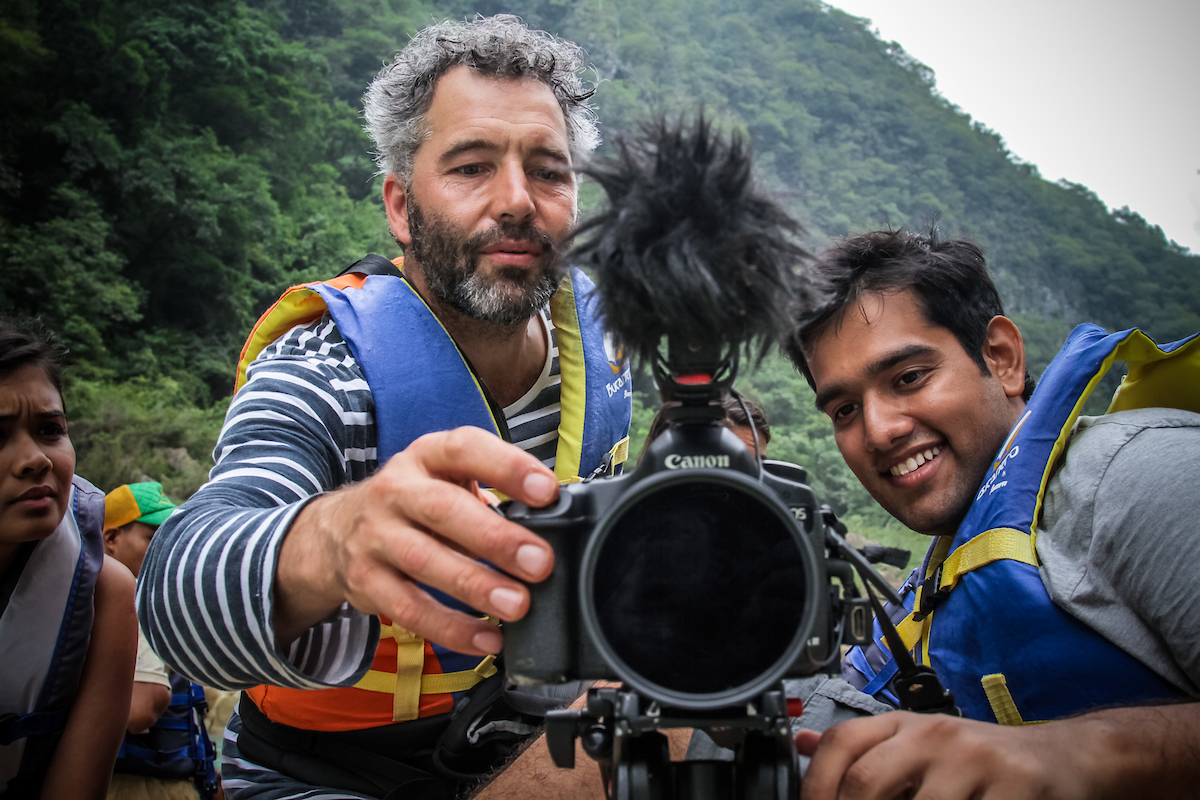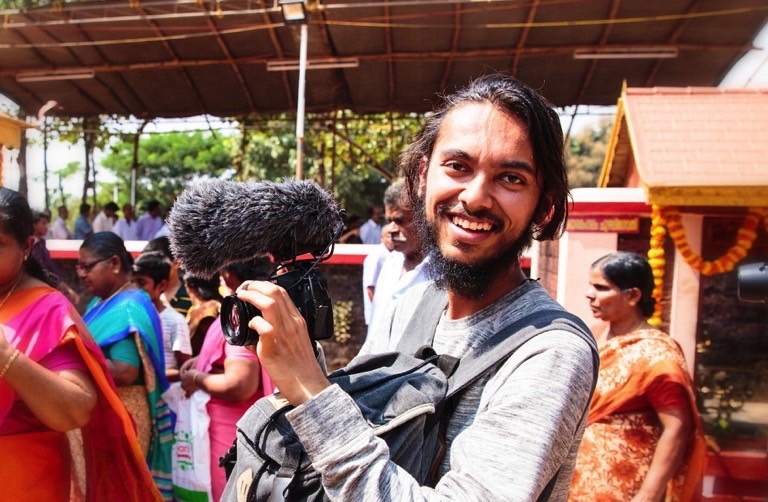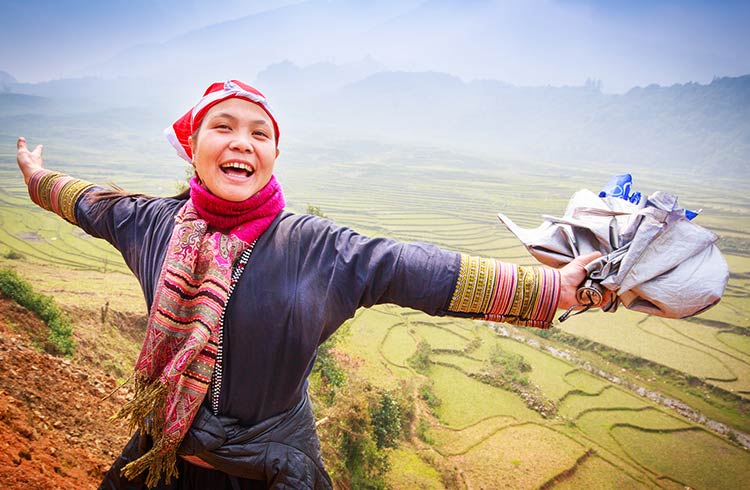Get to know the man behind the camera in our interview with pro filmmaker and director Brian Rapsey
 Photo © Brian Rapsey
Photo © Brian Rapsey
When did your passion for filmmaking begin?
I became hooked on photography from a young age and won a book of photographs by Henri Cartier-Bresson from a community photography competition. Then my family migrated to Australia in the mid-80s where we had relatives working in film and TV – and so I began to love the moving image. In my first Anthropology tutorial at the University of Western Australia, our teacher asked us what we wanted to become and the first thing that sprang to mind was “Documentary Filmmaker." I still carry my stills camera everywhere to keep my eye in practice.
Did you have a mentor when you began in the industry?
I’ve had many mentors at different stages in my career. My mum, a costume maker, always critiqued my photos and encouraged me to be less clever and more direct. My dad, a scriptwriter, would read my scripts and give me professional feedback. At the Swinburne Film School, my teacher Peter Tammer instilled in me a passion and purpose for filmmaking. When directing a documentary for Australia’s SBS TV my editor Rochelle Oshlack (Series editor – First Australians) inspired me with her ethics and excellence in her craft.
How would you describe your style?
My style is defined more by how I go about projects. I try to marry a visual style with a story or script. When shooting travel films my approach has a lot to do with skills I learned when trying to be a documentary photographer – always being ready, working quickly, and having sharp reflexes. I’m best at observing and capturing the movement with minimal interference. My aim is for people to become naturalized to my presence (or forget about me) and behave more or less naturally. Henri Cartier-Bresson said something along the lines of: “I put myself at liberty with chance” – and that’s what I try to do in capturing something special.
What is the best and worst part of your job?
The thing I love most is meeting people, traveling to new locations with a sense of purpose, and exploring ideas. The worst part of my job is being stuck editing for long periods on projects that weren’t properly thought through in the first place.
What do you get most excited about shooting?
The best thing is when the circumstance comes together that brings together people, a subject or location that I feel the passion and where style, story and purpose all seem to work in harmony. The best moments when filming in Brazil earlier this year were pure serendipity: seeing a children’s Samba parade go past through the streets of a favela while shooting a story about DJs or filming a song at Pedra Do Sal (the birthplaces of Samba) on the night before Carnaval. I played in a street Samba band “The Sambanistas” in Perth 20 years ago – so this was so special for me to witness and to capture.
What would be your dream assignment?
I care about the underlying purpose or politics of a story as about a particular destination. Going to New Orleans would be a dream assignment. Years ago I got hooked on an HBO TV series called Treme, a show about a community trying to rebuild itself in New Orleans after Hurricane Katrina. It brings together everything I love – music, community traditions, politics, and social justice. I would also love to go to Cuba to experience these same things from across the Gulf – especially now in the last days of Fidel Castro. I’ve also always imagined traveling to visit the three kids living in Sri Lanka, Honduras and Brazil that my family sponsors through the charity Childfund.
What are some of the challenges of filming on assignment in another country?
Fatigue! It’s such hard work and so exciting on assignment. I recommend making solid plans and doing research in advance of your trip – you’ll often be too tired in the field to do this well. You can also easily get tripped up with language barriers, but hopefully, you’ll hook up with locals on the ground who can help you get through.
Where do you see things heading in travel filmmaking?
I’m interested in what I call “modular content” – films that can be purposed in many ways. For example, this could be short-form stories that can be plugged into websites, airline in-flight entertainment and social media – that can also be woven together with other stories to make longer-form pieces for broadcast distribution. The idea is that shorter stories can be used to build an audience for a future long-form version. Being able to be flexible in your formatting of the content is crucial, especially when working for in the digital world.
What tips do you have for aspiring filmmakers?
There are so many great examples of travel filmmaking styles on the internet. My advice? Study all of the different approaches... and then practice as much as you can!
Related articles
Simple and flexible travel insurance
You can buy at home or while traveling, and claim online from anywhere in the world. With 150+ adventure activities covered and 24/7 emergency assistance.
Get a quote

3 Comments